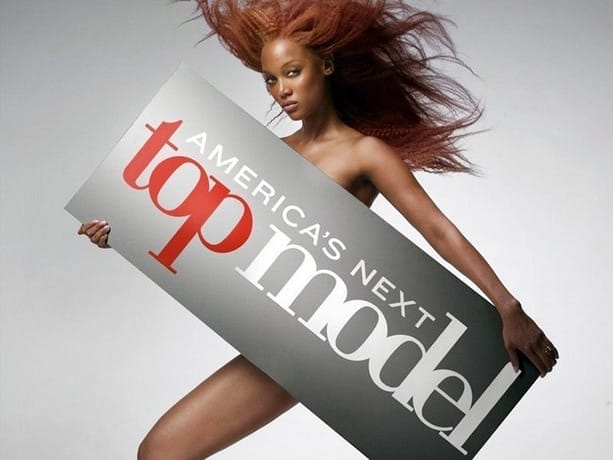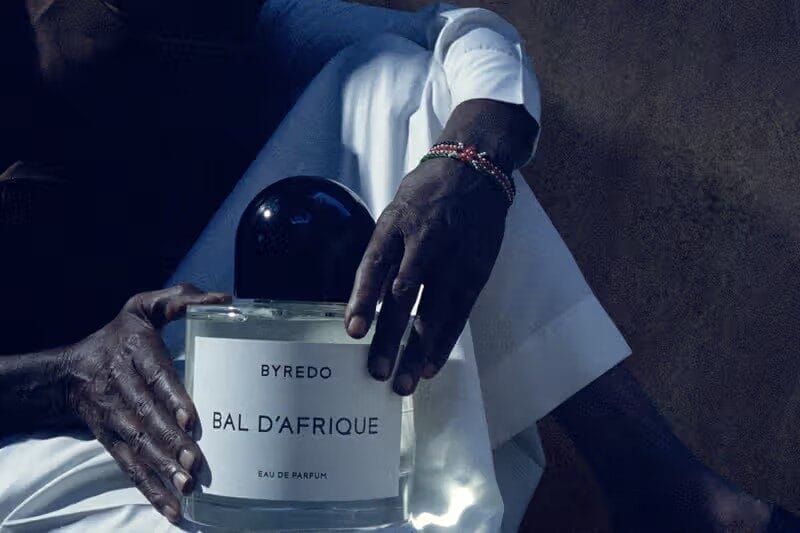Chanel’s successful move to block the “JNANEL” trademark application in the EU is a major signal to the retail industry about just how far luxury brands will go to protect their turf. This decision, handed down by the EUIPO on September 16, 2025, is another win for a heritage house and a reminder for anyone in fashion thinking of launching brand identities that even remotely echo luxury leaders.
What Happened
-
An independent Chinese applicant, Chuanli Xing, tried to register “JNANEL” for accessories—hats, gloves, scarves—the exact categories where Chanel dominates.
-
Chanel filed a fast, aggressive opposition, pointing to its own long-held trademarks on clothing and headgear.
-
The EUIPO found the brands were simply too similar for comfort: both have six letters, end in “ANEL,” and sound strikingly alike when spoken aloud. When it comes to trademarks, authorities care deeply about look, sound, and even “vibe,” not just exact spelling.
Industry Rulings That Matter
-
The decision showed that direct side-by-side comparison is rare in real retail life; consumers remember brands imperfectly and rely on quick visual and aural cues.
-
The court found that, since the goods and classes overlapped, and the names felt closely related, consumers could easily assume a connection—even though “JNANEL” isn’t a known word.
-
Notably, Chanel didn’t even rely on its celebrity status; the EUIPO decided the case on ordinary distinctiveness, a standard with big implications for any mid-sized brand seeking to copy the “feel” of an industry giant.
Key Trademark Elements Compared
| Element | CHANEL | JNANEL | EUIPO Finding |
|---|---|---|---|
| Visual | 6 letters, ends “ANEL” | 6 letters, ends “ANEL” | Below-average similarity |
| Aural | “CHA-NEL” | “J-NA-NEL” | Above-average similarity |
| Conceptual | No meaning | No meaning | No conceptual distinction |
What Retailers Need to Know
-
Even minor similarity to a powerhouse brand in the same retail category is often enough to get an application shut down.
-
No amount of brand-building or marketing is likely to overcome the “imperfect recollection” test if the core trademarks align visually or aurally.
-
Defending IP proactively, as Chanel did here, is the norm—not the exception—at the top end of retail.
Chanel’s victory reinforces its legal strategy: strong, proactive defense of trademarks, regardless of the opponent’s size, to prevent dilution and safeguard the brand’s exclusivity in global markets.

















